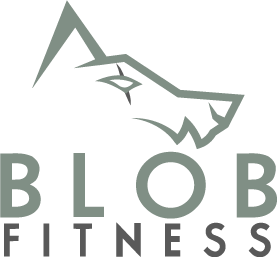
Journaling is such a small tool that can have a huge impact on improving your mental health.
Mental health, often overshadowed by physical health, plays a crucial role in every aspect of our lives.
It influences how we think, feel, and act, making it essential for our overall well-being.
This blog post explores the transformative power of journaling and how it can lead to a healthier, more mindful life.
How Mental Health Impacts Your Day-to-Day Life
Mental health is not something to take lightly. You may not even know it, but you may be suffering from poor mental health.
Mental health makes up the cornerstone of our daily experiences.
It affects our decision-making process, relationships, productivity at work, and our ability to cope with stress.
Poor mental health can lead to difficulties in managing emotions, and diminished concentration, and can even impact our physical health.
Sometimes, it can be hard to know you are going through some mental struggles. That's okay and can be one of the reasons why journaling can help.
What is Journaling?
Journaling, at its core, is the practice of regularly writing down thoughts and feelings.
You may have used to journal when you were a kid or used to see cartoons or shows depicting someone journaling about a crush of some sort.
Journaling is more than that though and is a very useful tool at any age.
It serves as a personal space where one can express emotions, track daily experiences, and reflect on life's journey.
Unlike other forms of writing, journaling is deeply personal and doesn't adhere to any structure or rules.
Whether it's a traditional diary, a digital app, or a bullet journal, the method of journaling can vary, but the essence remains the same – a tool for self-reflection and personal expression.
How Journaling Can Improve Your Mental Health
Journaling offers numerous benefits.
It's a simple yet effective way to provide clarity and peace of mind.
By regularly writing down your thoughts, you can gain new perspectives on what you're experiencing. This process of reflection can lead to greater self-awareness, emotional release, and stress reduction.
Get a Free Guide!
Similar Posts
Creatine's benefits for mental health is understated. Explore this article on creatine and how it's enhancing cognitive functions and emotional well-being.
Discover the mental health benefits of supplements like Fish Oil, Vitamin D, NAC, Creatine, Magnesium, and Glycine in our comprehensive guide.
Struggling with gym progress? Explore 5 critical reasons why you are not progressing in the gym and how to break through for better fitness results.



